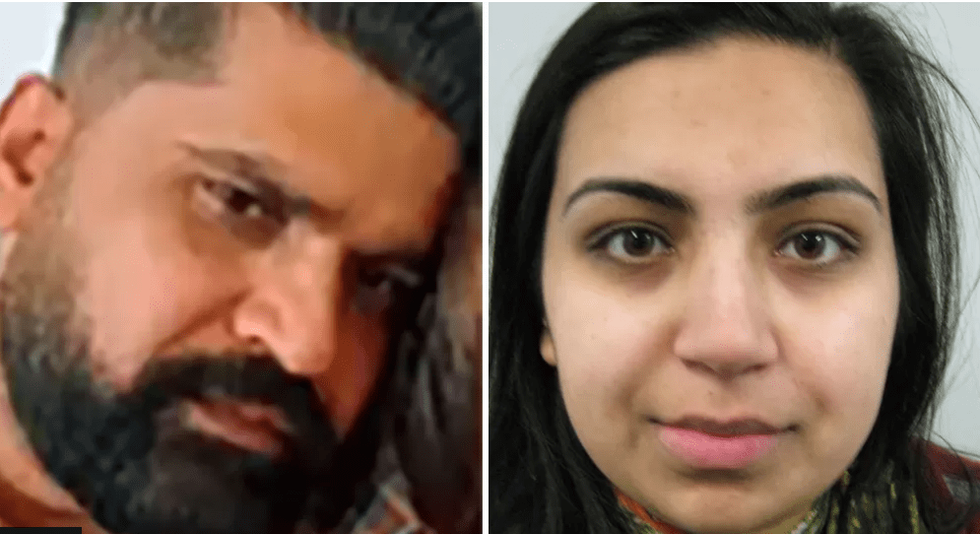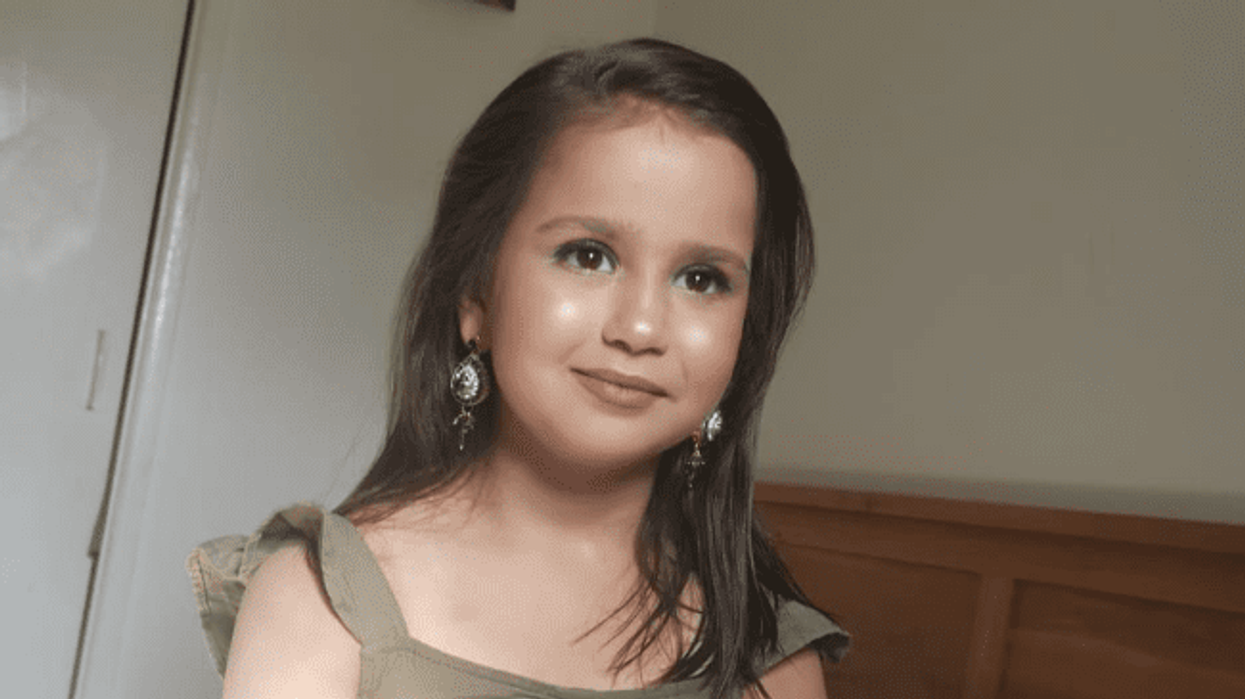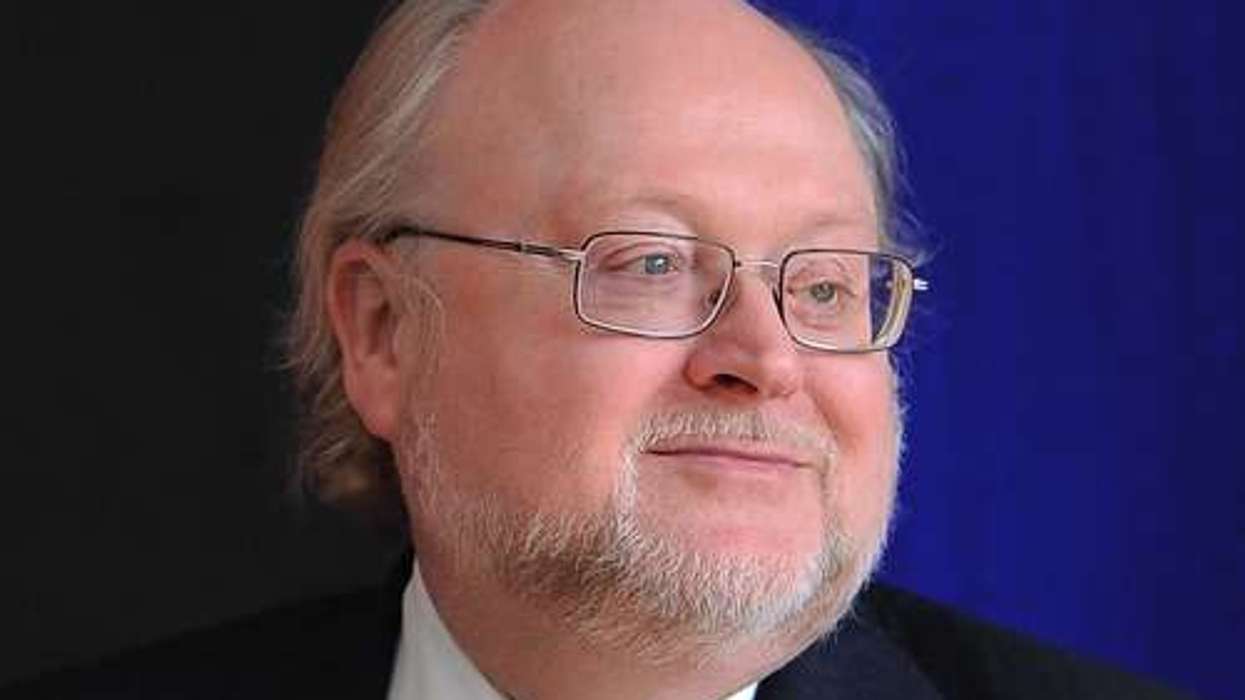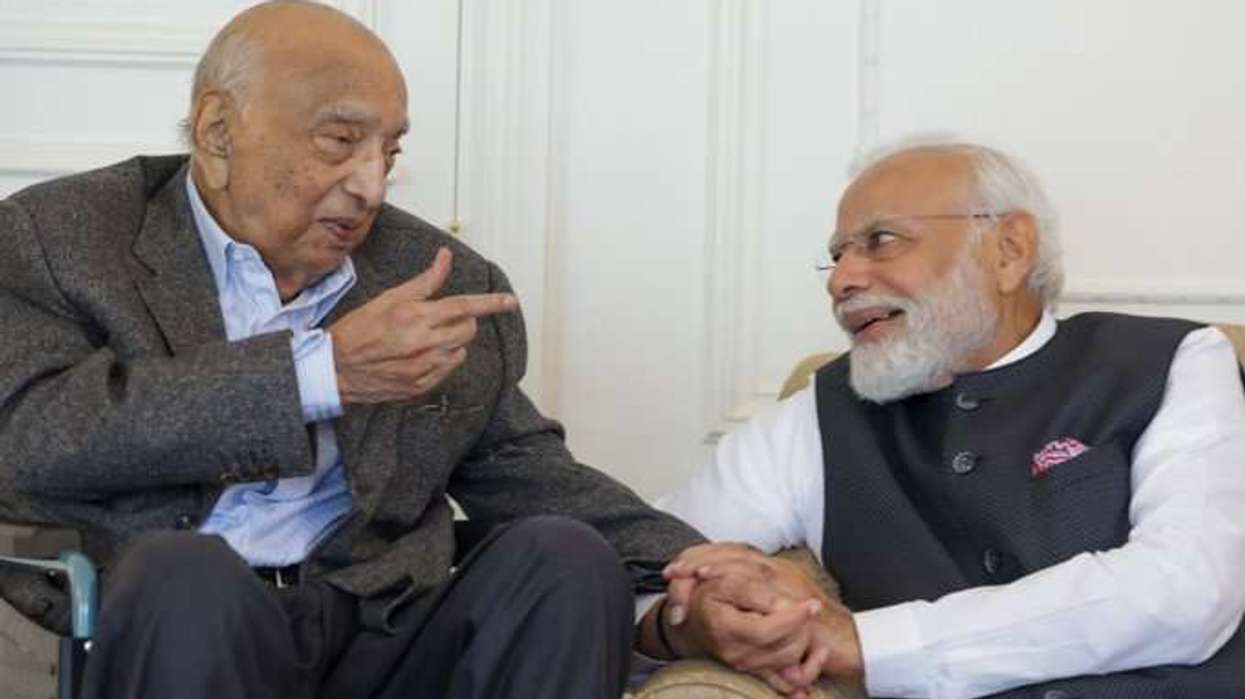FATHER of murdered British-Pakistani girl, Sara Sharif, should never be released from prison, prosecutors told judges on Thursday (13).
Sara's father Urfan Sharif, 43, was sentenced to 40 years in prison while her stepmother Beinash Batool, 30, was ordered to remain in jail for at least 33 years for killing the child killing the child following years of torture.
At the Court of Appeal, lawyer Tom Little argued that Sara's murder was so "exceptionally serious" that Sharif deserves a whole life order - meaning he would never be eligible for release, reported the BBC.
Solicitor General Lucy Rigby believes the current sentence is "too lenient" and has called for it to be increased. Court papers described the case as involving "the most horrendous and extensive period of torture in the victim's own home."
Meanwhile, Sharif's lawyer Naeem Mian claimed that the 40-year minimum term was "plainly excessive." He suggested a 30-year starting point would be more appropriate.
Sara's uncle, Faisal Malik, 29, who lived with the family and was sentenced to 16 years after being found guilty of causing or allowing her death.
All three convicted family members appeared via video link from prison for the hearing.
Sara's murder trial caused waves of revulsion in the UK as the horrific abuse suffered by the 10-year-old girl was revealed in a London court.
There was anger too at how the bright, bubbly youngster had been failed by all the authorities supposed to be in charge of her care.
London's Old Bailey court heard that her body was found in her bed in August 2023 covered in bites and bruises with broken bones and burns inflicted by an electric iron and boiling water.
Passing sentence in December after the trial, judge John Cavanagh said Sara had been subjected to "acts of extreme cruelty" but that Sharif and Batool had not shown "a shred of remorse".

They had treated Sara as "worthless" and as "a skivvy", because she was a girl. And because she was not Batool's natural child, the stepmother had failed to protect her, he said.
"This poor child was battered with great force again and again."
A post-mortem examination of Sara's body revealed she had 71 fresh injuries and at least 25 broken bones.
She had been beaten with a metal pole and cricket bat and "trussed up" with a "grotesque combination of parcel tape, a rope and a plastic bag" over her head.
A hole was cut in the bag so she could breathe and she was left to soil herself in nappies as she was prevented from using the bathroom.
Police called the case "one of the most difficult and distressing" that they had ever had to deal with.
The day after Sara died, the three adults fled their home in Woking, southwest of London, and flew to Pakistan with five other children.
Her father, a taxi-driver, left behind a handwritten note saying he had not meant to kill his daughter.
After a month on the run, the three returned to the UK and were arrested after landing. The five other children remain in Pakistan.
There has been anger in the UK that Sara's brutal treatment was missed by social services after her father withdrew her from school four months before she died.
Sharif and his first wife, Olga, were well-known to social services. In 2019, a judge decided to award the care of Sara and an older brother to Sharif, despite his history of abuse.
The school had three times raised the alarm about Sara's case, notably after she arrived in class wearing a hijab, which she used to try to cover marks on her body which she refused to explain.
Since December, the government has moved to tighten up the rules on home-schooling. Sara's body was repatriated to Poland, where her mother is from, and where a funeral was organised.
The hearing continues with judges set to announce their decision later.
(with inputs from AFP)





